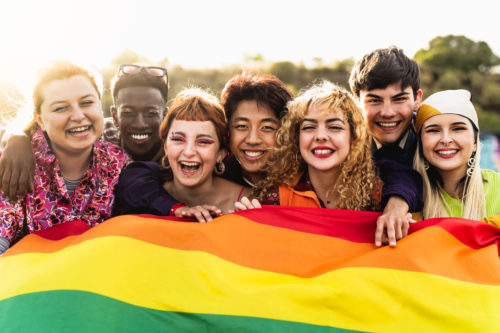The term “LGBTQ” is as useless as the term “people of color.” They combine a bunch of different identities into one incoherent category, claiming to protect against a tyranny of the majority while in fact creating a *new* tyranny of the minority. Once you see it, it’s obvious. – Vivek Ramaswamy X=@VivekGRamaswamy
The debate surrounding the terms “LGBTQ” and “people of color” avoids a nuanced discussion on the complexities of identity politics. While these umbrella terms are ostentatiously used to foster inclusivity and solidarity among marginalized communities, they oversimplify diverse experiences and perpetuate a new categorization that is essentially meaningless.
Similarly, the term “people of color” encompasses a vast array of ethnic and racial backgrounds, each with its own history, struggles, and achievements. Using this term also disregards the unique challenges faced by specific racial or ethnic groups, potentially diluting the effectiveness of advocacy efforts.
The intention behind these umbrella terms may be to create a sense of unity and strength among marginalized groups, as well as to emphasize shared experiences in the face of discrimination. However, this approach inadvertently creates a new form of discrimination and leads to the divisive blaming of a single group, such as straight white people, for their ‘suffering’.
There is a danger of essentializing diverse groups. Doing so perpetuates stereotypes and overlooks individual differences. Moreover, these terms are often wielded as tools for political correctness, limiting open and honest discussions about the nuanced experiences within these communities. Thus the term tyranny of the minority.

